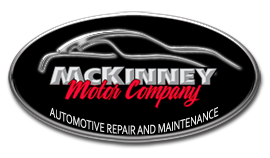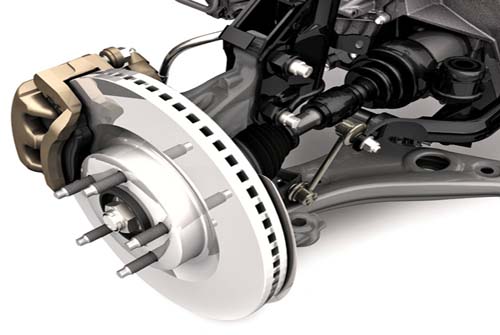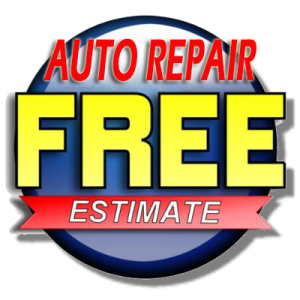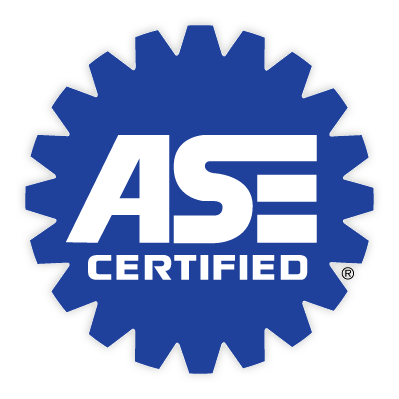Why it may be time to get your brakes checked
There are some obvious signs that your brakes need servicing, such as the brake light appearing on your car’s dashboard or you may hear a squealing or grinding noise when applying the brakes. There are some other less obvious signs that it may be time to get your brakes checked.
Many times the brakes on your car can get ignored for a much longer period of time than they should. They are not the most noticeable part of a vehicle, but they are arguably the most important! When you are speeding down the freeway at 60 plus miles an hour with 2000 pounds of steel around you and need to slow down or stop to avoid a collision, you then realize how important your brakes are. So, as you can see, it is a critically important component of your vehicle.
Here are some signs to look for and know its time to get your brakes checked;
- Brake Pads – The friction that occurs between the brake pads and rotor eventually stops the car. Over time, as you can imagine, the pads will begin to wear thin, which means they’ll become less effective at slowing and stopping your car. The thickness of your vehicles brake pads should be checked periodically. Typically brake pads last 20,000 to 40,000 miles, but you should have them checked at on a regular schedule.
- Strange Sounds – One of the warning signs that your brakes need servicing can come from a small indicator in your braking system that emits a high-pitched squeal when your brake pads need replacing. And, while this sound is loud enough to be heard even when the windows are up, it might be tough to hear with your stereo blaring. In addition to the squeal from the sensor, you’ll also want to listen for a harsh grinding sound.
- Pulling – Has your car ever felt like it has a mind of its own? As if it wants to make right- or left-hand turns while driving or braking? If so, this could indicate a problem with the braking system. The cause of this pulling might be a stuck caliper. Because such a scenario would cause friction on one wheel and not the others, your car can pull to the side where the caliper is stuck. Two other brake-related scenarios that could cause a car to pull would be a collapsed brake hose that would cause your calipers to move unevenly when applying the brakes, or uneven brake pads, which would also apply different amounts of pressure to different wheels.
There are other possible reasons your vehicle is pulling, but brakes are a possibility and you need to get your vehicle checked out.
- Vibration – Generally, a vibrating brake pedal indicates warped rotors. Their uneven surfaces will thrum against the brake pads, and you’ll feel the feedback through the brake pedal. Rotors usually only warp when they’re under extreme stress for an extended period. The friction-generated heat caused by driving down steep mountainsides or by stopping frequently while towing something heavy, for example, can cause the metal of the rotors to change shape.
- Temperamental Brake Pedal – A mushy pedal, one that goes practically to the floor before engaging the brakes, could indicate worn pads or a problem with the hydraulic system, such as air in the line, an air leak or a brake fluid leak.
The opposite of a mushy pedal is one that causes the brakes to grab immediately at the slightest touch. This could indicate an unevenly worn rotor, dirty brake fluid or contamination of the fluid by moisture. You can solve such a problem with a relatively inexpensive change of fluid that you could have done at your mechanic’s shop.
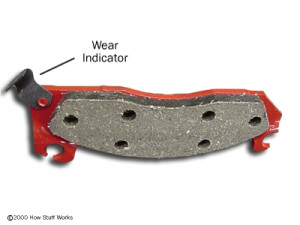
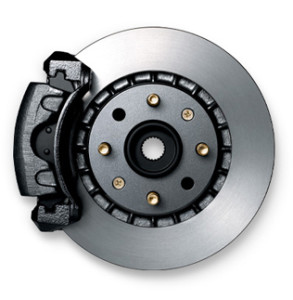
McKinney Motor Company has expert brake maintenance and repair technicians. It is time to get your brakes checked! Bring your car or truck in today, don’t wait until your vehicle is unsafe.
Call for an appointment (505) 298-6734
Information gathered from How Stuff Works online. Click here to see the full article
